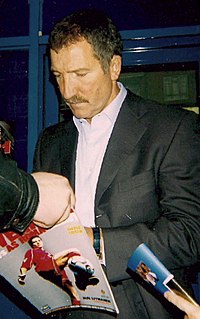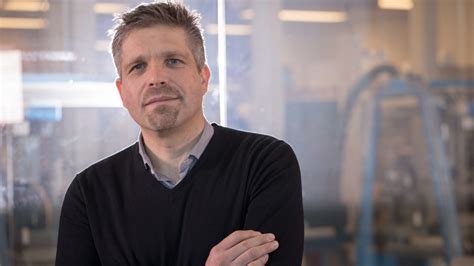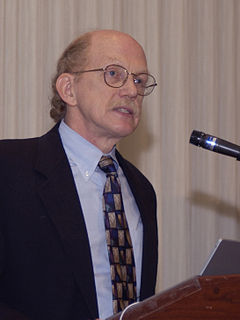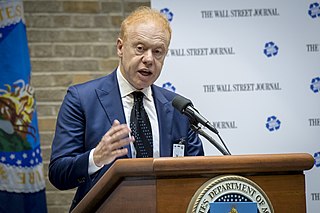A Quote by George M. Church
I would argue that we're not limited by actual DNA. You can re-create the ancient DNA by looking at the genomes of existing animals.
Related Quotes
Textbooks describe DNA as a blueprint for a body. It's better seen as a recipe for making a body, because it is irreversible. But today I want to present it as something different again, and even more intriguing. The DNA in you is a coded description of ancient worlds in which your ancestors lived. DNA is the wisdom out of the old days, and I mean very old days indeed.
































